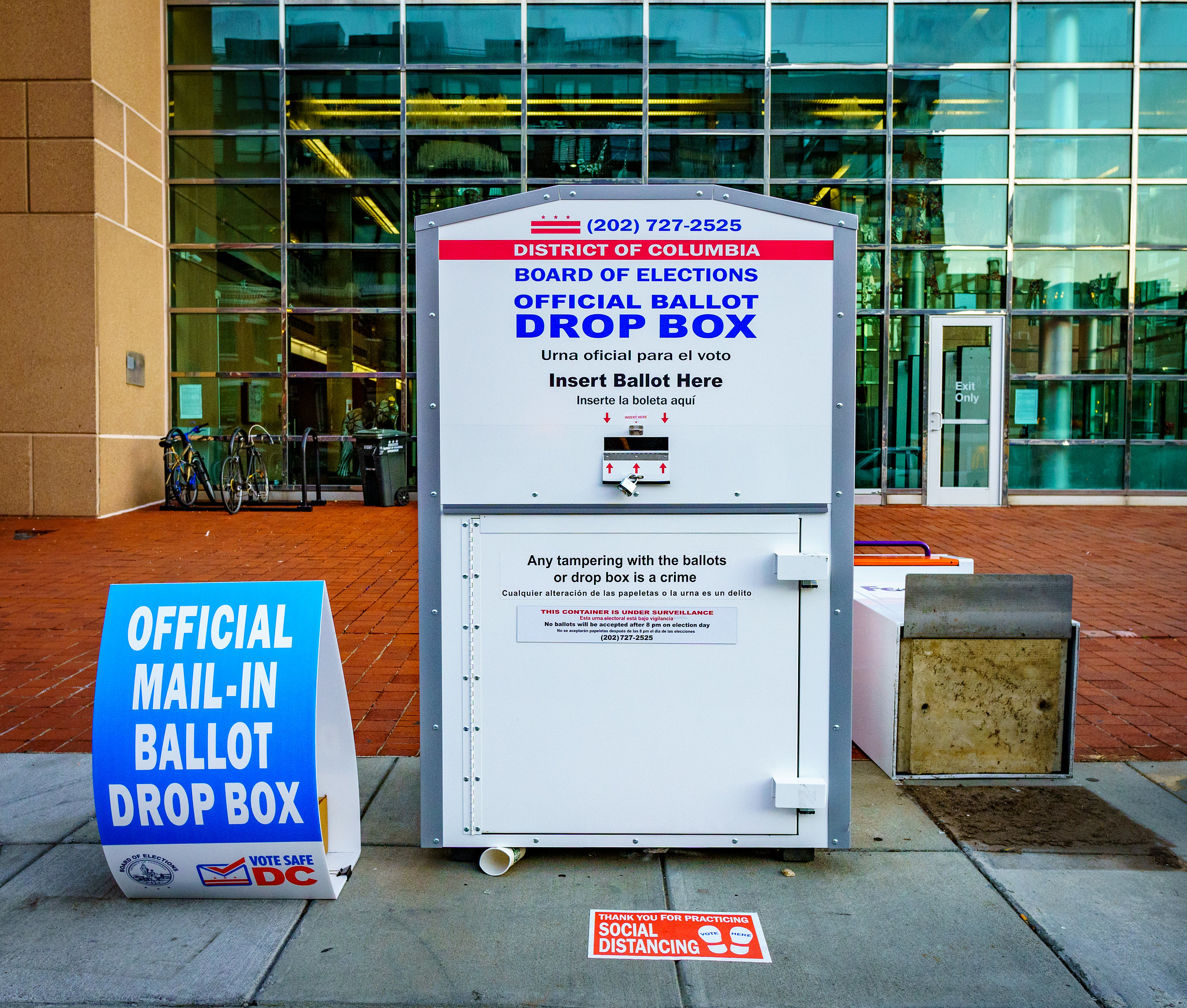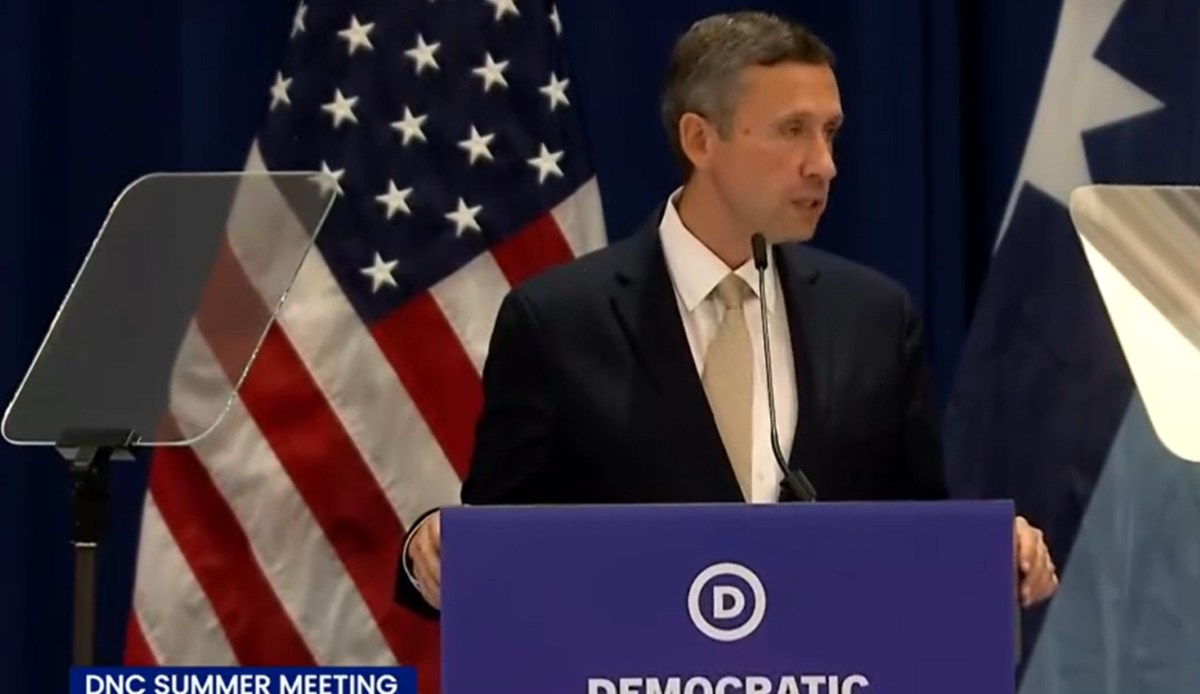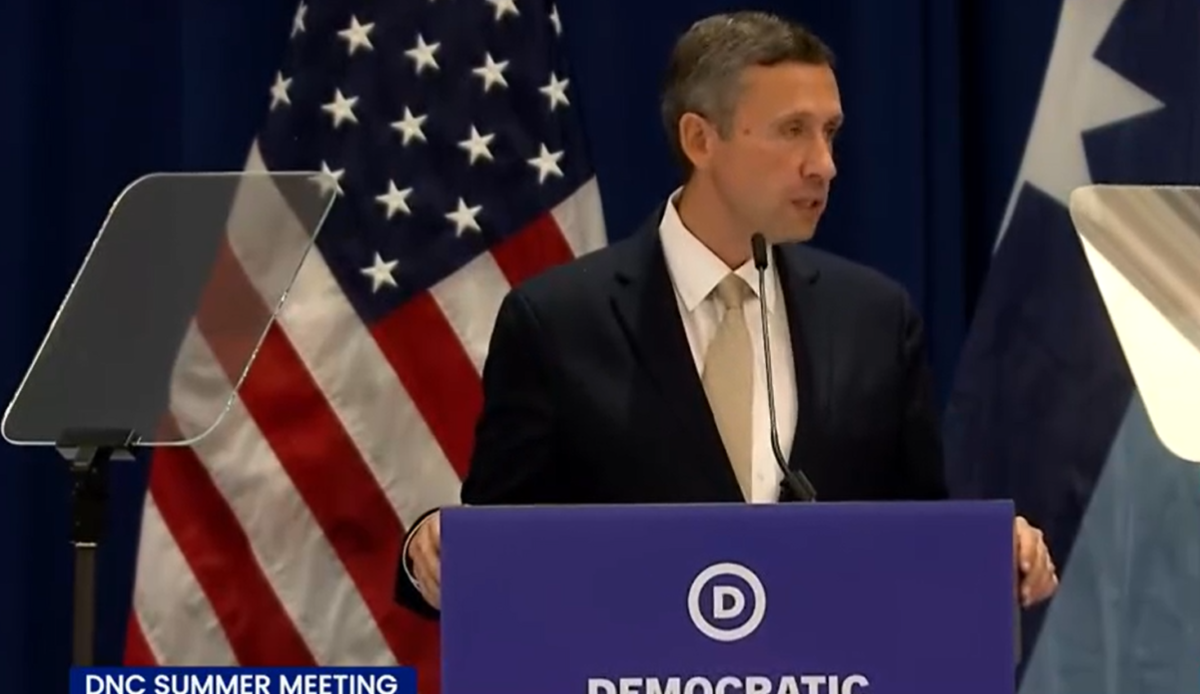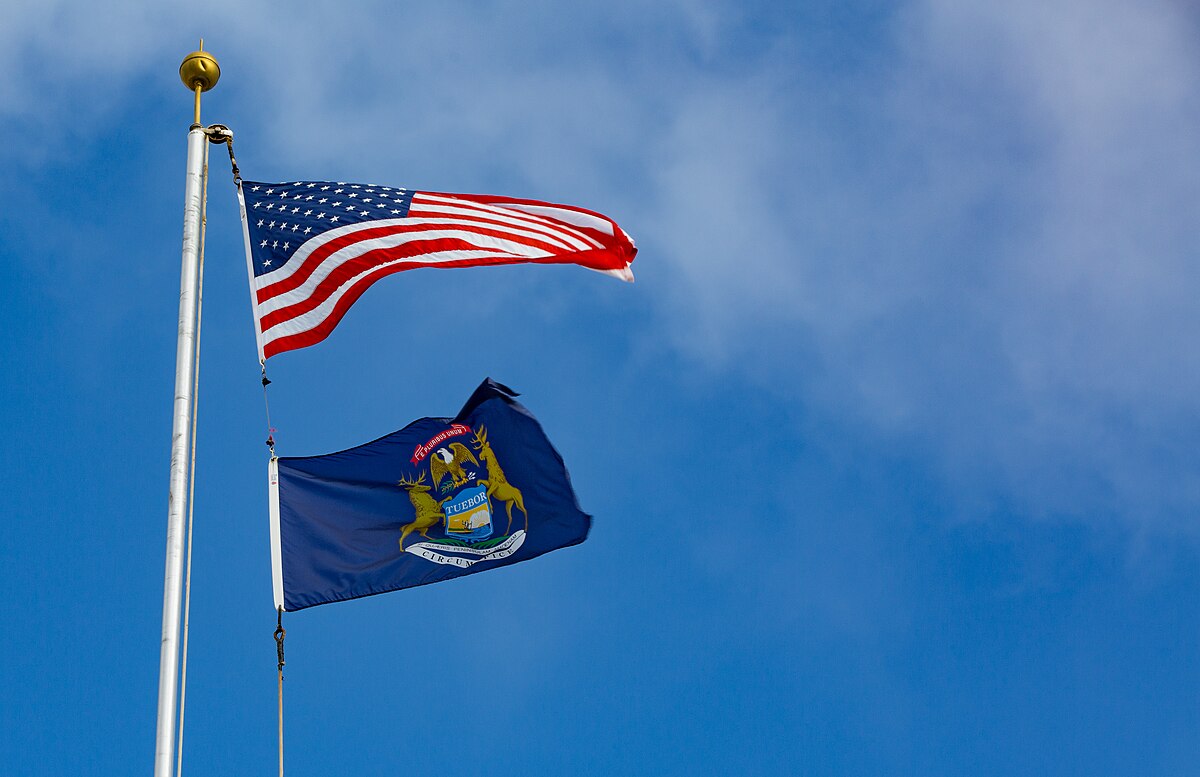Former President Donald Trump is intensifying his campaign against mail-in voting, citing concerns over election integrity. He has announced plans to pursue an executive order aimed at eliminating mail-in ballots, which he claims are prone to fraud.
Currently, 28 states in the U.S. allow mail-in voting without requiring a documented reason. Critics argue that this practice undermines the security of elections. Judge James Ho of the U.S. Court of Appeals for the Fifth Circuit recently stated, “Mail-in ballots are not secure,” reinforcing concerns that have led many countries to ban permissive mail-in voting.
Trump’s comments come as he balances high-profile meetings with foreign leaders. He emphasized the need for secure elections, stating, “We, as a Republican Party, are going to do everything possible that we get rid of mail-in ballots.”
The debate over mail-in voting has gained traction since the 2020 presidential election, where a surge of 33 million mail-in ballots was used, contributing to Joe Biden’s victory. Critics, including Trump, have called for investigations into the legitimacy of these ballots, claiming that they are the largest source of potential voter fraud.
In response to Trump’s push, Democrats maintain that there is no evidence supporting claims of widespread fraud associated with mail-in voting. They have opposed Republican efforts to audit signatures on mail-in ballots, arguing that such measures are unnecessary.
Despite the lack of evidence, Trump insists that the integrity of elections is at stake. He pointed to the declining standards of the U.S. Postal Service, which he argues are inadequate for conducting elections. “Our postal service was never intended to conduct elections,” he said, highlighting concerns about the reliability of mail delivery.
Since 2020, 19 states have enacted restrictions on mail-in voting. Trump has expressed admiration for other countries that have stricter regulations on mail-in ballots. He noted that while some nations allow mail-in voting, they do so with more stringent rules, such as requiring ballots to be received by Election Day.
The ongoing debate has also seen a lack of congressional hearings on the issue, with critics arguing that the Republican-controlled Congress has not adequately addressed concerns about mail-in voting. Additionally, the Department of Justice has faced scrutiny for its failure to investigate allegations of ballot harvesting and irregularities in the 2020 election.
As the 2024 election approaches, the conversation around mail-in voting continues to evolve. Trump’s assertion that “without fair and honest elections, you don’t have even a semblance of a country” resonates with many of his supporters, who view election integrity as a paramount issue.
The future of mail-in voting remains uncertain as Trump and his allies push for reforms. The outcome of these efforts could significantly impact the electoral landscape in the coming years.
READ ICE Arrests Convicted Criminals in Nationwide Operation



